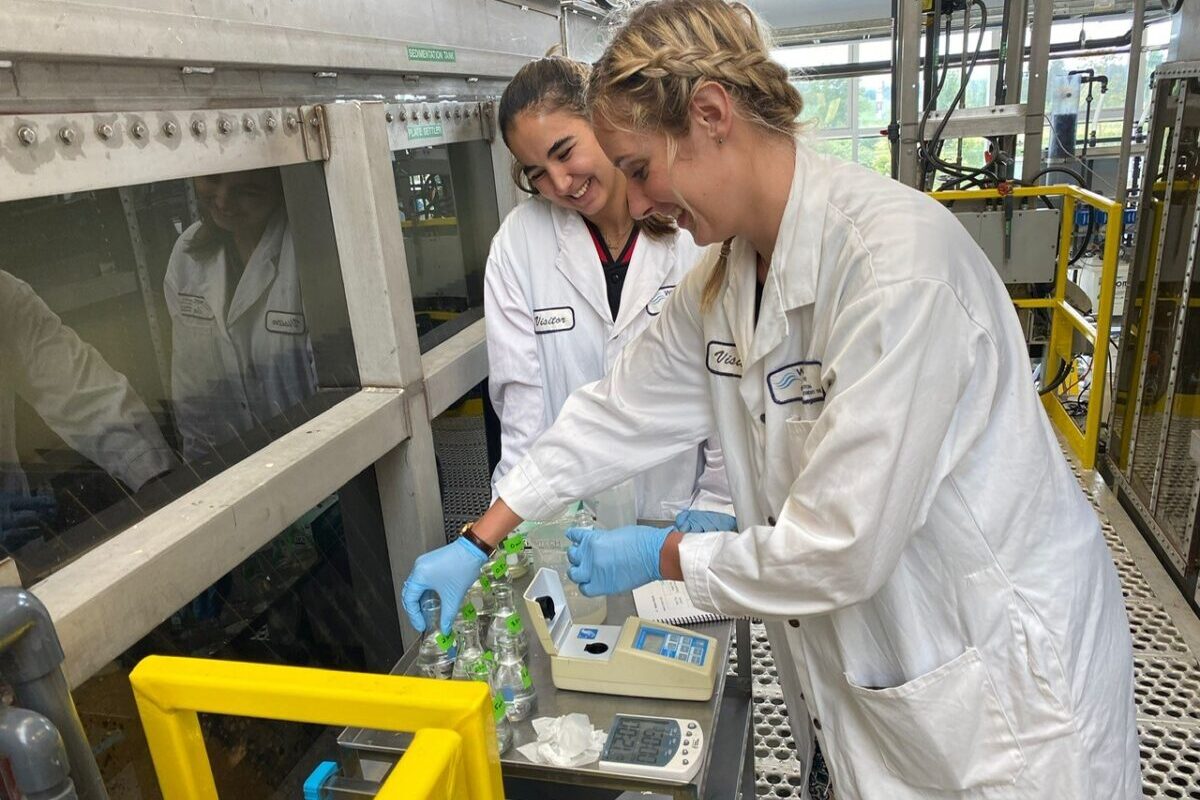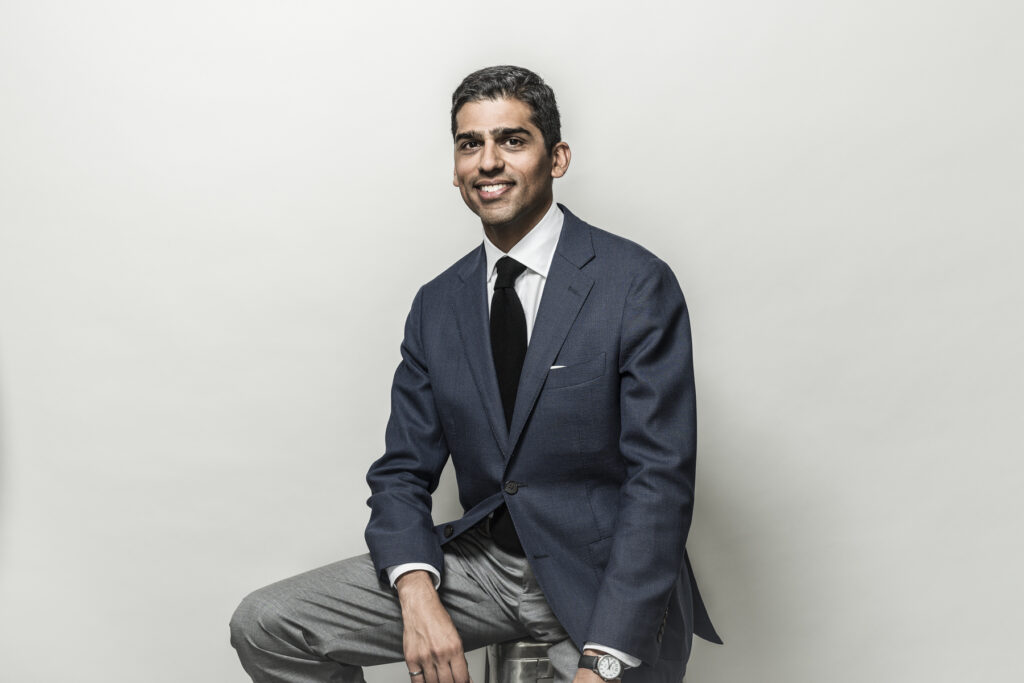
Graduate Programs in
Civil Engineering
M.A.Sc., PhD in Civil Engineering
Fall and Winter Entry Available
About the Program
The Graduate Program in Civil Engineering offers advanced training leading to Master of Applied Science and Doctor of Philosophy degrees. Three main research themes distinguish the program: infrastructure, resilience, and sustainability through the established sub-disciplines of Environmental and Geo-Environmental, Geotechnical, Structures, Transportation, and Water Resources Engineering.
Cutting-edge research is being carried out in our state-of-the-art facilities, which are located in the Bergeron Centre for Engineering Excellence. The facilities include a 750m2 of dedicated laboratory space, including the Structures High-Bay Laboratory and additional research laboratories and computational facilities for Geo-Environmental, Geotechnical, Construction Materials, Transportation and Water Resources sub-disciplines.
Our state-of-the-art facilities will allow graduate students to conduct research on above-ground and buried infrastructure; on the performance of civil infrastructure during extreme loading events, including the influence of climate change; on the development of novel materials and construction technologies that improve the resilience of civil infrastructure; on innovative site remediation technologies; on development of technologies for construction using recycled and renewable materials; on construction over marginal-quality land and degrading permafrost; on smart wastewater and material recovery technologies; and on advanced transportation research including transportation safety, security, and intelligent transportation systems.

This is Lassonde: Podcast
A podcast series with students, alumni, and faculty members from Lassonde.

Featured Grad Student
Aditi Chowdhury
Masters in Civil Engineering
Meet Aditi Chowdhury, a student at Lassonde pursuing her Master’s degree in Civil Engineering. She discusses her journey with us and what inspired her to pursue graduate studies after finishing her undergraduate degree at Lassonde.
Ammar Mahgoub
Masters in Civil Engineering
Meet Ammar Mahgoub, a Master’s student in the Civil Engineering program at York University’s Lassonde School of Engineering. From what sparked his interest in Civil Engineering to his favourite projects and most impactful professors, Ammar offers valuable insights and advice for aspiring engineers. Additionally, Ammar discusses the importance of equity, diversity, and inclusion in engineering and STEM fields.
Admissions Requirements and Deadlines
RESEARCH AREAS/STRENGTHS
Infrastructure rehabilitation and replacement is the principal goal of this theme. Research focuses on above-ground infrastructures, such as roads, bridges, buildings, wastewater treatment facilities, and on buried infrastructure, such as stormwater collection networks, and large-scale tunnels. Other focus areas include intelligent transportation systems and freight transport networks.
The resilience theme emphasizes the performance and resilience of civil infrastructure during extreme loading events, including fires, and the influence of climate change. The development of novel materials and construction technologies the improve the resilience of civil infrastructure to ensure post-extreme-event functionality, such as earthquakes and floods, is one of the primary objectives.
Sustainability research focuses on developing technologies for construction using recycled and renewable materials. Other focus areas include construction over marginal-quality lands postmining rehabilitation of landscapes, remediation of
contaminated groundwater, sustainable building design, and resource recovery.
GRADUATE FUNDING
The Lassonde School of Engineering provides a competitive, guaranteed funding package to all qualified graduate students.
This funding package can come in the form of teaching assistantships, fellowships, research assistantships, and/or scholarships. On average, newly admitted domestic graduate students received a graduate funding package of $23,000 and international graduate students received $36,000.
Josephine Morgenroth
MASc, P.Eng and PhD Candidate, Department of Civil Engineering
“Becoming an engineer is the professional epitome of responsibility meets innovation. The weight of societal expectation is omniscient, but I get to be creative in my problem solving and forge new ground-breaking (pardon the pun) solutions. This is an exciting balance to strike as a professional because it brings together the technical skills we traditionally think of learning from textbooks and the so-called soft skills we can only learn from experience.
I was lucky to have lots of great engineer role models growing up, especially my dad. When I showed an interest in studying engineering, I was never cautioned not to pursue it just because it’s a male-dominated field. In an increasingly interconnected world, it’s a great time to be an engineer!
Everything is engineering – how can it not make a difference? There is always room for optimization, new designs and totally new solutions to the problems humankind faces. To me, ‘engineer’ and ‘problem solver’ are synonyms, and there will always be a need for us.”
Featured Researchers
Stories
View All View all storiesEverett Snieder
Water Resources Engineering PhD Candidate, MASc, EIT
“Becoming a civil engineer provides me with a deeper connection to my physical surroundings. The more I learn more about urban infrastructure and the electrical, wastewater and transportation systems we have in place, the more I find myself thinking about how these systems are taken for granted. The more I learn about their vastness and complexity, the more I appreciate the feats of engineering involved in sustaining the foundation of our day-to-day lives. Beyond a personal sense of fascination, learning about this stuff makes me want to make my own contribution to these hidden systems we all rely on.
Engineering can dramatically impact the world, for better or for worse. I think that the obligation of the current generation of engineers is not only to advance technology but also to consider the unintended consequences of large-scale engineering, such as climate change and flooding. I think that to positively impact the world, today’s engineers need to recognize the importance of holistic, multidisciplinary approaches.”


